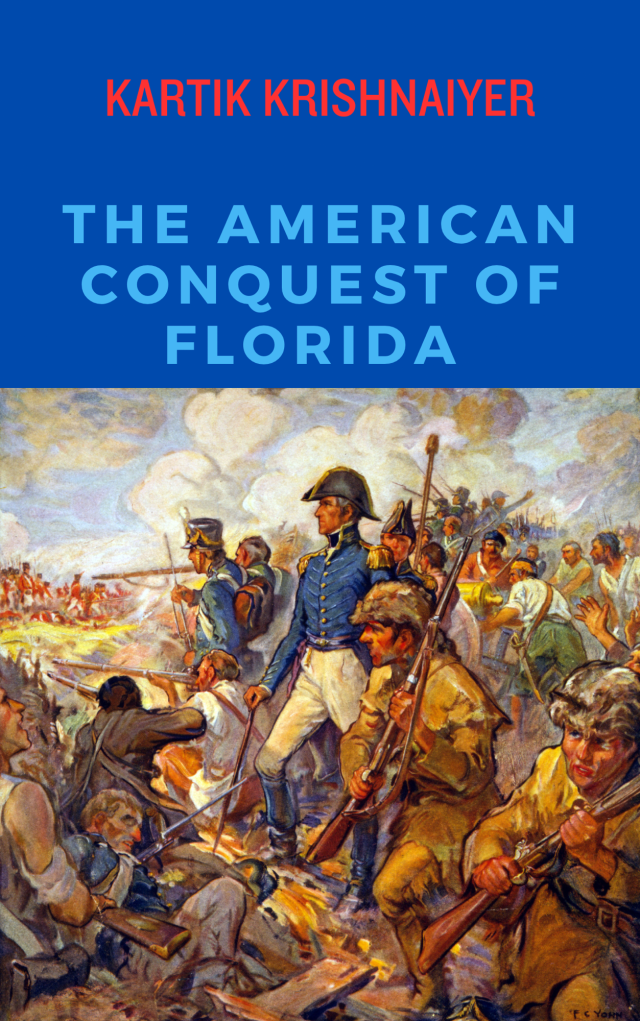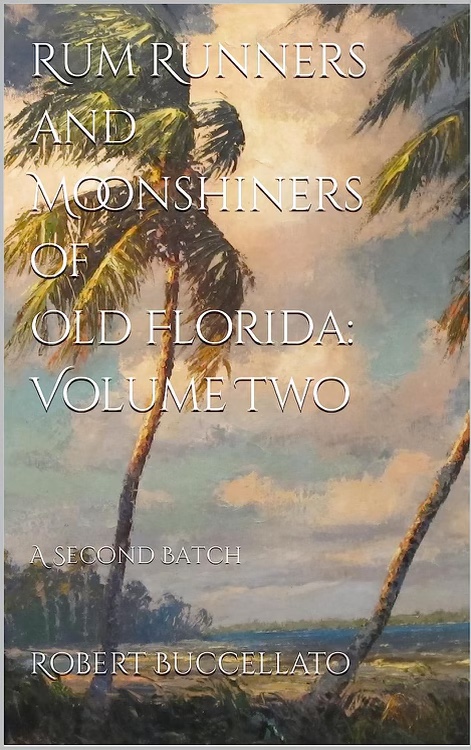“Democracy is not safe if the people tolerate the growth of private power to a point where it becomes stronger than their democratic state itself.” — Franklin D. Roosevelt, April 29, 1938 (Letter to Congress on the problem of Curbing Monopolies)
We sometimes forget that private monied interests have been campaigning for “small government” since long before Grover Norquist dreamt of drowning government in the bathtub. In this letter to Congress on curbing monopolies, Roosevelt warns that government must be strong enough to make corporations play by the rules or else we’ll be playing by their rules. Implicit is the idea that our interests don’t necessarily align.
The very next words that he wrote were, “that, in its essence, is Fascism—ownership of Government by an individual, by a group, or by any other controlling private power.” Does the word “fascism” shock you the way it does me? I read this and thought “Didn’t FDR know that the first person to mention Nazis loses the argument?” But of course he hadn’t heard that (Godwin’s Law was coined in 1990), and he was dealing with real Nazis, so we have to cut him slack here.
When Roosevelt wrote this, I believe he chose his words carefully. In 1933 he’d encountered a group of right-wing bankers who tried to convince him to turn over his power to them in a corporatist government backed by the military. By the time he wrote this letter he’d already dealt with on attempt by big business to topple democracy in order to muscle its way into power. He called these Wall Street bankers “economic royalists” and warned: “give them their way and they will take the course of every aristocracy of the past – power for themselves, enslavement for the public.”
Wall Street bankers grabbing power for themselves is a very familiar tune. As a matter of fact, the Trans-Pacific Partnership is an overt attempt to achieve many of the end results of a corporate government that Roosevelt warned about.
The TPP asks us to deputize private interests to run public policy as a profit center. This is antithetical to democracy as FDR points out later in his letter: “We believe in a way of living in which political democracy and free private enterprise for profit should serve and protect each other—to ensure a maximum of human liberty not for a few but for all.” As a successful capitalist Roosevelt knew that you can’t have a healthy business environment without fair rules of the road.
We know through leaks that the TPP seeks to tilt those rules toward the largest, most lawyered-up global businesses. Members of the Senate who’ve seen the actual TPP document are so alarmed they’re asking for it to be declassified. Currently they’re only allowed to read it with a minder present (no notes, no photos), and aren’t allowed to discuss it with the public. A staffer can read it only if their Senator is there with them by their side. That’s why Senators Elizabeth Warren and Sherrod Brown challenged President Obama to release the text of the negotiation to the public.
Regardless of the secrecy, we know that the most shocking features of the TPP gives corporate lawyers the ability to preempt “non-tariff barriers” to trade that could impact “expected future profits.”
Let’s be clear — non-tariff barriers are government policies that make it possible to have safe food, good jobs and a clean environment. Basically, this is what Republicans call “big government.” Under TPP, 500 the lawyers for the 1% were empowered to identify government policies on health, environment, labor and safety, that could impact business’ future profit with the intent of preempting any barrier to profit. These are the details they won’t let us see. On this subject, the usually understated Sierra Club says “these provisions elevate corporations to the level of nation states and allow them to sue governments over nearly any law or policy which reduces their future profits.”
Floridians should be very familiar with this concept. Under our corporate-controlled state legislature we’ve seen plenty of preemptions of public policy on behalf of business.
Remember when business lobbyists co-opted the Orange County Commission to prevent the Earned Sick Time measure from going to the voters? They did so purely because their business associates argued it was an inconvenience. More than 50,000 people petitioned the government, and Republicans on the County Commission broke the law by refusing to put it before the voters because it “gets in the way of the employer-employee relationship.” They broke democracy in order to put the fix in for business.
But wait, it gets worse.
The County Commission was caught doing Disney’s bidding when we found out they were using lobbyists as conduits for a political strategy to “deliver a killshot” to sick time. Rep. Steve Precourt (R-representing a district influenced by Disney) promised to “deliver” a state law to preempt it. He later argued that sick time would create a “patchwork quilt” of rules that put big statewide companies at a disadvantage. Because big businesses had apparently never heard of county or municipal-specific policy — like zoning — before. Earned sick time was deemed unacceptable merely because corporate lobbyists argued it might somehow inconvenience business. So, one way to conceptualize the TPP is preemption on a global level.
But wait, it gets worse. The TPP elevates business to a legitimate political entity.
The law to preempt Earned Sick Time in Orange County was couched as a means to prohibit “political subdivisions” from entertaining a public good that, they argued, should rightfully belong to another political subdivision.
The TPP recognizes a heretofore non-existent political subdivision, the “investor-state,” and incorporates a new private justice system designed to compensate private interests with taxpayer money when public policy frustrates corporate expectations. This codifies taxpayer bail-outs for multinational corporations. Extrajudicial tribunals authorized under TPP would be comprised of three private attorneys that rotate between the role of “judge” and lawyers bringing cases before the tribunal. No elected representative will be able to stand in the way of corporate lobbyists demanding we bail-out their corporations.
The justification of private profit should be private risk. It’s not up to the American people to shoulder the burden of doing business. This approach is designed to create a United States government run in the way Disney runs the Orange County Commission. We already know what that looks like, and it doesn’t look like Democracy.
Maybe we need another word. I’m open to suggestions.








Bravo, Brook! Sharing widely.
LikeLike
Spot on. This is fascism right now in Florida.
LikeLike
Great piece. While we rightfully shy away from extreme terms and hyperbolic comparisons (Godwin’s Law) we sometimes forget that extreme measures and extreme consequences are only rare because we usually prevent things from getting too far.
A vast, sweeping trade agreement that recognizes investor groups as the equals of national governments, and proposes a private system of arbitration with its own rules, all geared to protecting “expected future profits” IS an extreme measure, and will have extreme consequences it’s permitted to go forward.
Too often we assume egregious things can’t be happening because we think we are too civilized for giant power grabs or political upheaval to occur, or we think that great changes will be accompanied by obvious red flags — soldiers in the street or explosions overhead.
But some of the biggest power grabs in history have occurred not with a goose-stepping mob, but with the stroke of a banker’s pen, and the power of monied interests is one of the oldest and strongest threats to democracy.
American history is full of trust busting and breaking up powerful monopolies, and quite sober and genuine plots to subvert government and the common good in favor of private money and private power. So the question is not whether FDR was too extreme in invoking “fascism” then, but whether we are being too calm and too slow to invoke it NOW.
Alan Grayson has a great video up on YouTube explaining the problem with sweeping trade agreements like NAFTA and the TPP in simple terms. It’s worth watching and a good companion to this excellent editorial. I’ll try to post the link if that’s allowed, but if not, it’s called, “No to ‘Fast Track,’ No to Trade Treachery.”
LikeLiked by 1 person
Our party is too addicted to corporate money. We are only a few degrees of seperation from the Republican facists ourselves as a party.
LikeLike
Which brings us full circle to the misnamed Citizens United. When corporations, a man made entity created to serve the public good is given the same rights as people and money is equated with free speech we are no longer free people. Brooke you want another word for Fascism. How about SLAVERY. The robots are in charge of their creators. Only the people can reverse the destruction of Democracy. It starts with Amending the Constitution, which is what movetoamend.org is all about and eliminating secret agreements such as the TPP.
LikeLike